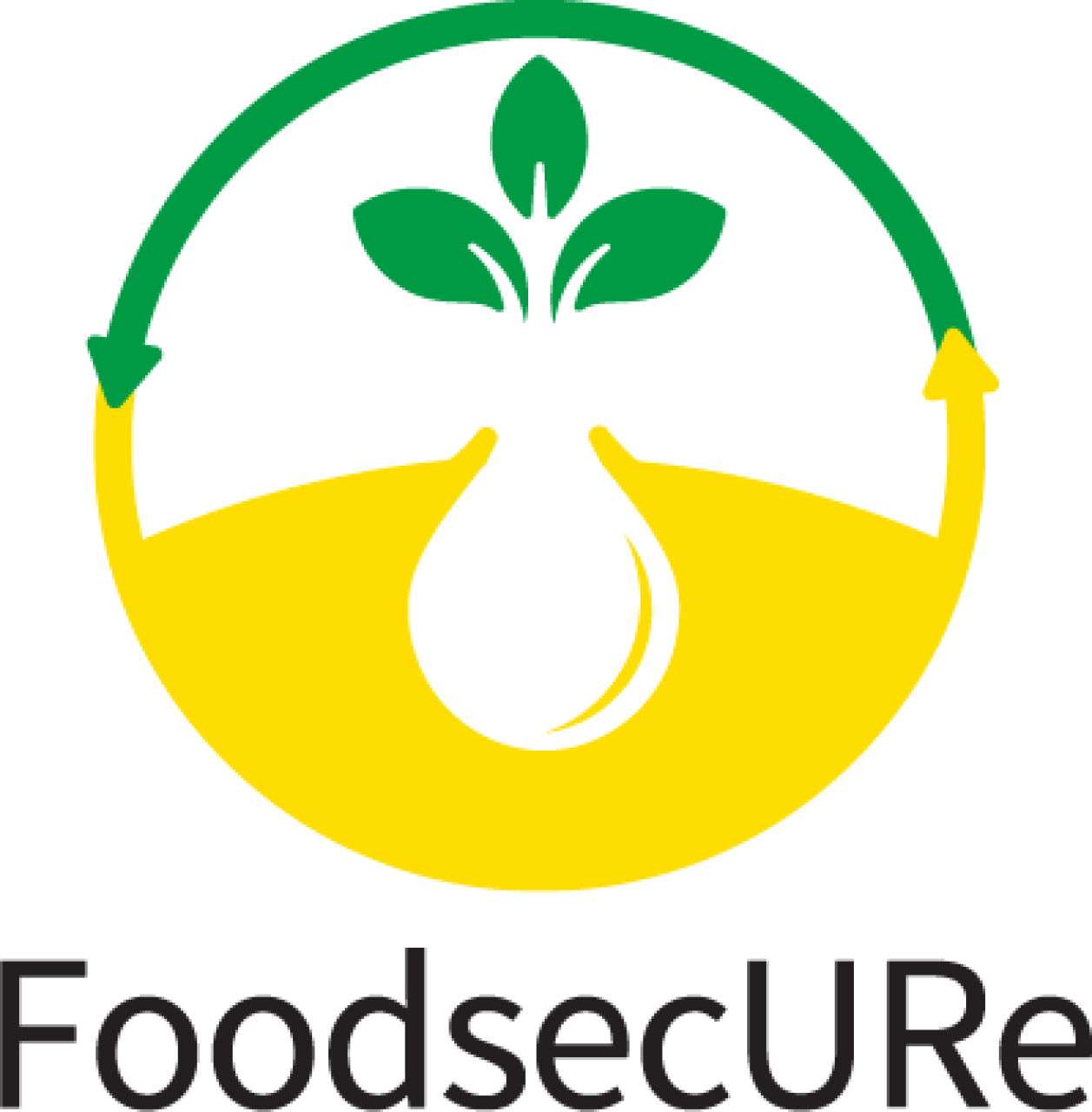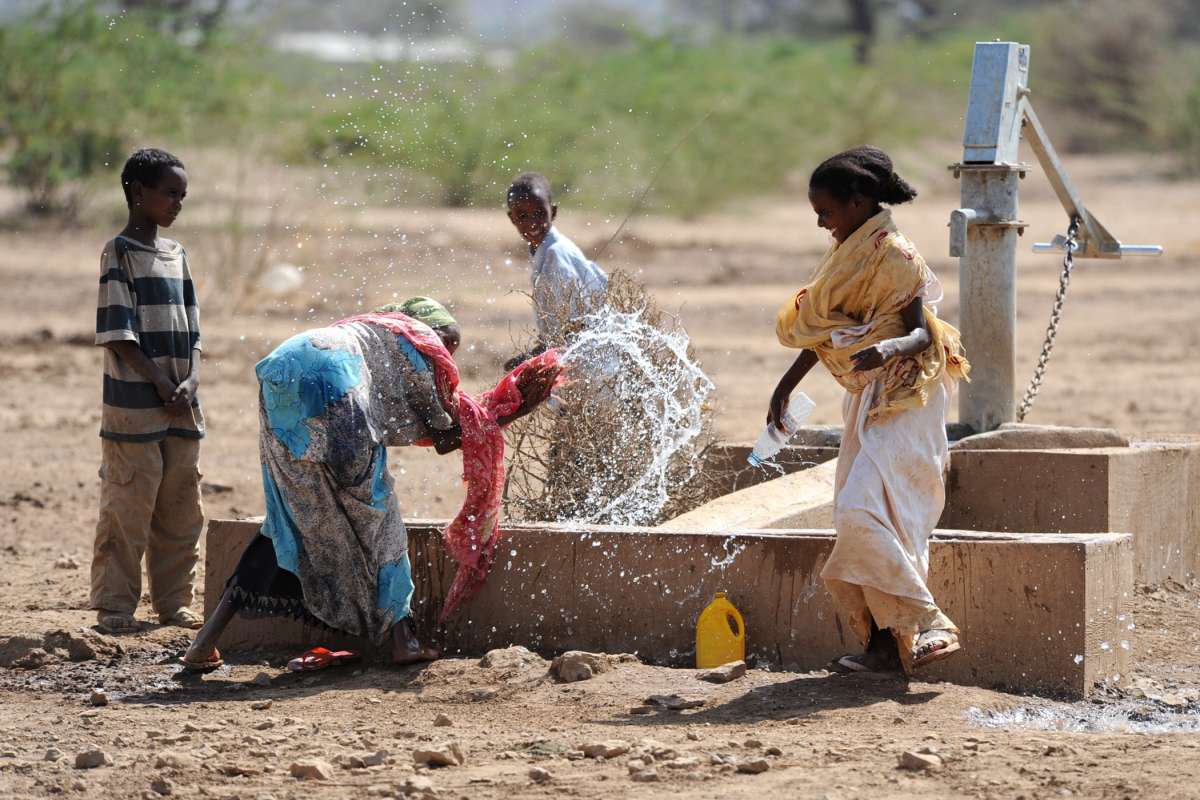Division of Food Production and Society
FoodsecURe: Food security through better sanitation: the case of urine recycling

End: jun 2027
Start: jul 2023
Human urine contains essential plant nutrients. Hence, urine can serve as a “free” and locally available fertiliser. Successful, low-cost urine-diverting toilets (UDTs) that separately collect urine have been developed in Scandinavia and Europe and manufactured at large scale in Africa. A solution for stabilising urine into a solid fertiliser has also been developed.
But why can't we recycle urine at scale?
In Sweden UDTs are used in some cottages, and the Swedish University of Agricultural Science (SLU) has developed a method to stabilise and dry urine into a fertiliser product, urine-based fertiliser (UBF). FoodSecure aims to implement this technology at a medium scale in Ethiopia.
More information
Ung.forskning.noProject participants
Habtamu Alem Bente Føreid Geir Wæhler Gustavsen Remegio Confesor Jorunn Tønnesen Karsten Gjefle Lucy Robertson Prithvi Simha Björn Vinnerås Lutz Ahrens Oksana Golovko Dagnachew Aklog Mulugeta Kibret Agegnehu Alemu Ermias Teferi Eshetu Assefa Tesfaye Feyisa Solomon B. Wassie Dagninet Asrat Chikeluba Arthur Umeh Maurine Olochukwu Okolie| Status | Active |
| Start - end date | 01.07.2023 - 30.06.2027 |
| Project manager | Divina Gracia P. Rodriguez |
| Division | Division of Food Production and Society |
| Department | Economics and Society |
| Partners | The FoodSecURe team is composed of partners from NIBIO, NMBU, SLU, NorgesVel, Bahir-Dar University (BDU), and Amhara Regional Agricultural Research Institute. BDU office of the Healthy Food Africa project, Bahir Dar City Water Supply and Sewerage Authority, and the Bureau of Water and Energy are key stakeholders and members of the Advisory Committee of the project from the Ethiopian side. |
| Total budget | 10770000 |
| Funding source | Research Council of Norway |
There are many barriers to urine recycling at scale. There are technological barriers because it is not viable to collect, store, transport, and apply liquid urine as fertilizer. There is a potential human health and safety barrier, as farmers and consumers may be concerned with possible communicable pathogens or micropollutants in urine. There are also socio-cultural barriers to accepting urine recycling because of limited understanding of the market, farmers’ requirements, and decision-making processes underlying the use of UBFs; prevailing traditional practices and taboos surrounding human excreta; and limited insights into stakeholders’ willingness to engage in new sanitation systems. Stakeholders also have concerns with the environmental risks of urine recycling associated with pharmaceutical residues and micropollutants in urine (and therefore in UBFs). There are institutional barriers because the implementation of productive use of human wastes in agriculture is inhibited by weak, non-existent, and sometimes prohibiting legislation. In many countries, there is no government certification for UBFs. Economic barriers to urine recycling are also present. There is a need to create a new sanitation value chain that connects households to farmlands. Novel urine recycling technologies need to be integrated with existing infrastructure. Little is known about the costs of such investments and under what circumstances such infrastructure maybe be more cost-efficient compared to conventional solutions.
The overall objective of the FoodsecURe project is to improve the productivity, livelihood, and adaptive capacity of smallholder agriculture in Ethiopia by mainstreaming a safe sanitation value chain surrounding the collection, safe treatment, transportation, and use of UBFs using the method developed in SLU. This method is based on mixing the urine with lime as soon as possible. Then the hydrolysis of urea is stopped, and so avoiding bad smell and loss of nitrogen. When the nitrogen is kept as urea due to the high pH, the solution can be dried into a solid fertiliser product.
Specifically, the project will:
1. Develop, implement, and test communal scale collection and safe conversion of human urine to produce solid UBFs;
2. Apply solid UBFs on smallholder farms growing local crops, with a focus on crop quality and fate nutrients, heavy metals, pathogens and micropollutants;
3. Analyse the willingness and behavioral intentions of stakeholders, cultural taboos and phobia, technological diffusion, and environmental performance of urine recycling;
4. Develop new sustainable business models and value chains for mainstreaming communal-scale urine recycling; and
5. Strengthen science-policy-stakeholder linkages.
FoodSecURe will utilize the existing UDTs in communal public areas in Bahir-Dar, Ethiopia. Due to a lack of technology and limited awareness of users, government, and institutions, these UDTs were misused, and no UBF has been produced from the UDTs. The various tasks are implemented through a multi-disciplinary approach by scientists specializing in social sciences, business management, agronomy, parasitology, environmental engineering, environmental science, and soil science.
Email: foodsecure@nibio.no
.JPG)

